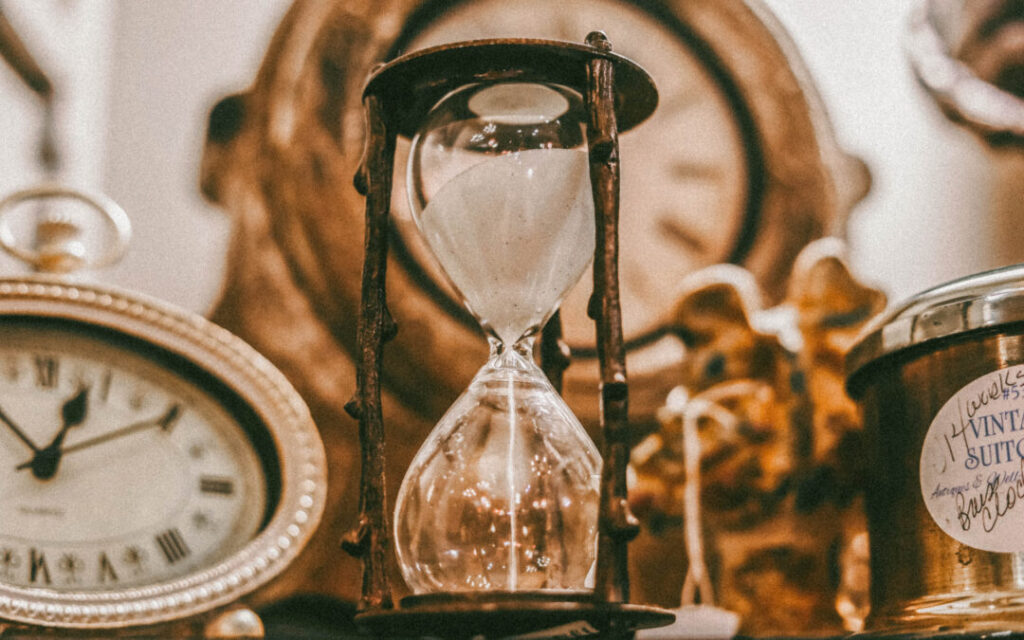Renowned French Poet and One of the Cursed Poets of 19th-Century France
A prominent French poet among the cursed poets of 19th-century France, owing to his bohemian and excessive lifestyle, as well as the pervasive theme of evil in his work.
He is often credited with coining the term “modernity” (modernité) to describe the fluctuating and ephemeral experience of life in the urban metropolis and the responsibility that art has to capture that experience.
“For some, he was the critic and synthesis of Romanticism, for others, the precursor of symbolism. Critics agree in noting that he formally paved the way for modern poetry, oscillating between the sublime and the diabolical, the elevated and the crude, a new spirit and a forerunner in the perception of urban life. In this way, Baudelaire faced the future with the hope that it would bring something different.
Thus, faced with so much freedom gained in modernity, Baudelaire angrily denounces the alienated man, the one who limits himself to surrendering his disposition of spirit to the dictates of production. The man who renounces his essence, his possibilities of being infinite, and kneels before the industry, a puppet of fashion.”
The name of this generation comes from the publication by Paul Verlaine, “The Cursed Poets,” an essay in which the author discussed the type of life and literature that six poets, including himself, led—a path that led them to have a “cursed” life, full of torments and misunderstanding.
They were characterized by renouncing fame and the public scene. They enjoyed alcohol, revelry, drugs, and sex. The cursed poets suffered disease, abandonment, and criticism within themselves. All of this together provided them with sufficient inspiration for their works.
The use of this expression and the term “cursed” later became generalized to refer to any poet who, regardless of their talent, is misunderstood by their contemporaries and does not achieve success in life, especially those who lead a bohemian life, reject established norms, and develop free or provocative art.
“Get Drunk“
“One of Charles Baudelaire’s finest poems, it is not a simple ode to drunkenness, but to intoxication in a broader sense: a celebration of life, excess, exaggeration, and, in general, all those things that compel us to adopt a behavior that challenges the passage of time.“
“Always be drunk.
That’s it!
The great imperative!
In order not to feel
Time’s horrid fardel
bruise your shoulders,
grinding you into the earth,
Get drunk and stay that way.
On what?
On wine, poetry, virtue, whatever.
But get drunk.
And if you sometimes happen to wake up
on the porches of a palace,
in the green grass of a ditch,
in the dismal loneliness of your own room,
your drunkenness gone or disappearing,
ask the wind,
the wave,
the star,
the bird,
the clock,
ask everything that flees,
everything that groans
or rolls
or sings,
everything that speaks,
ask what time it is;
and the wind,
the wave,
the star,
the bird,
the clock
will answer you:
“Time to get drunk!
Don’t be martyred slaves of Time,
Get drunk!
Stay drunk!
On wine, virtue, poetry, whatever!”






